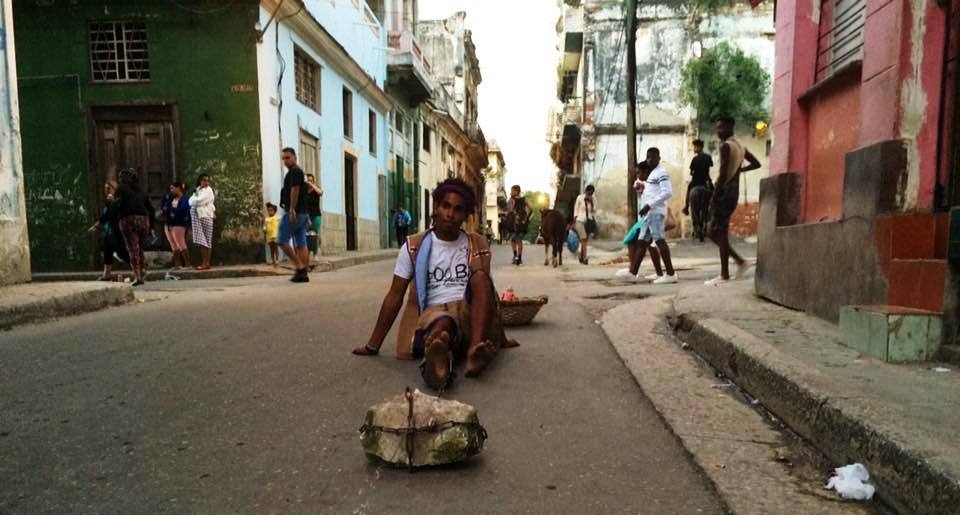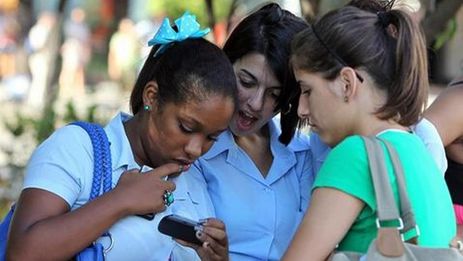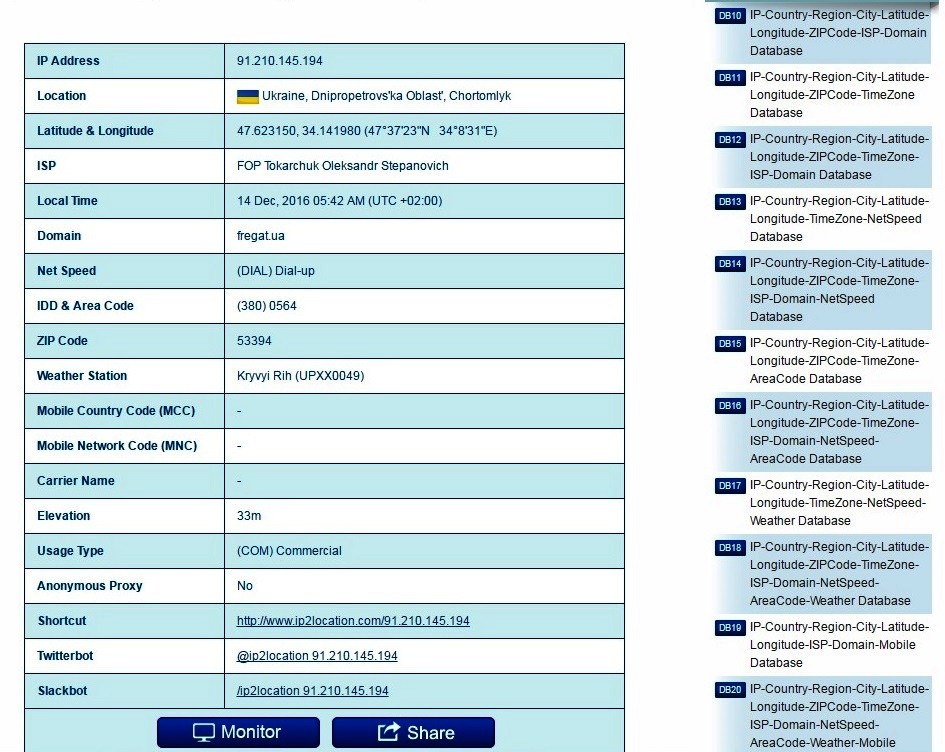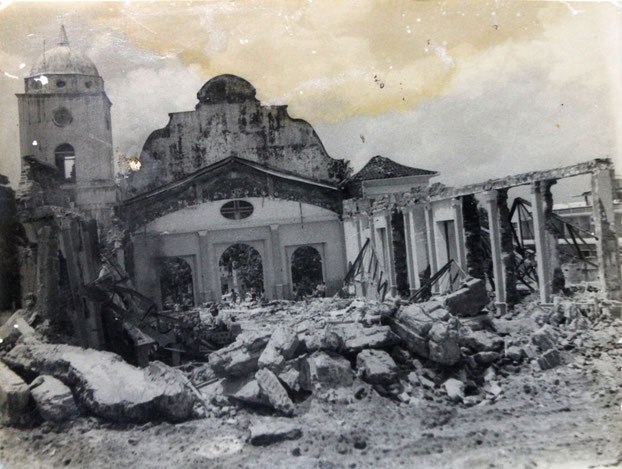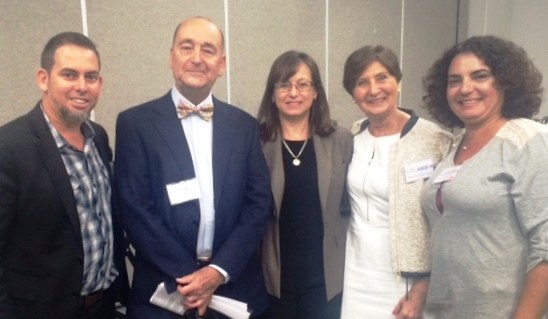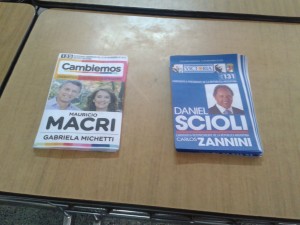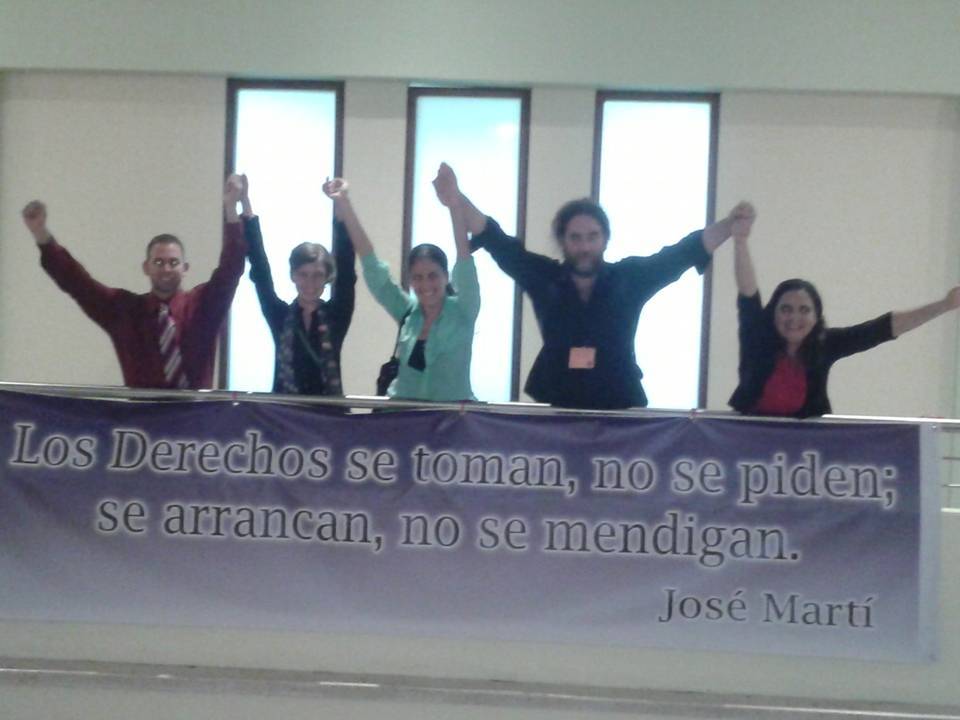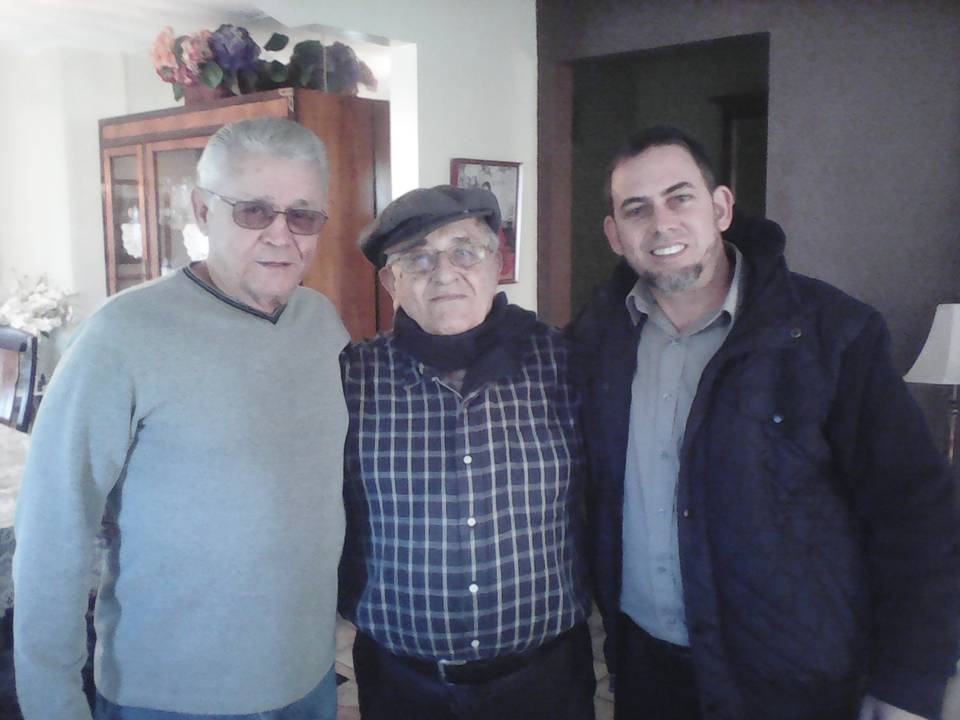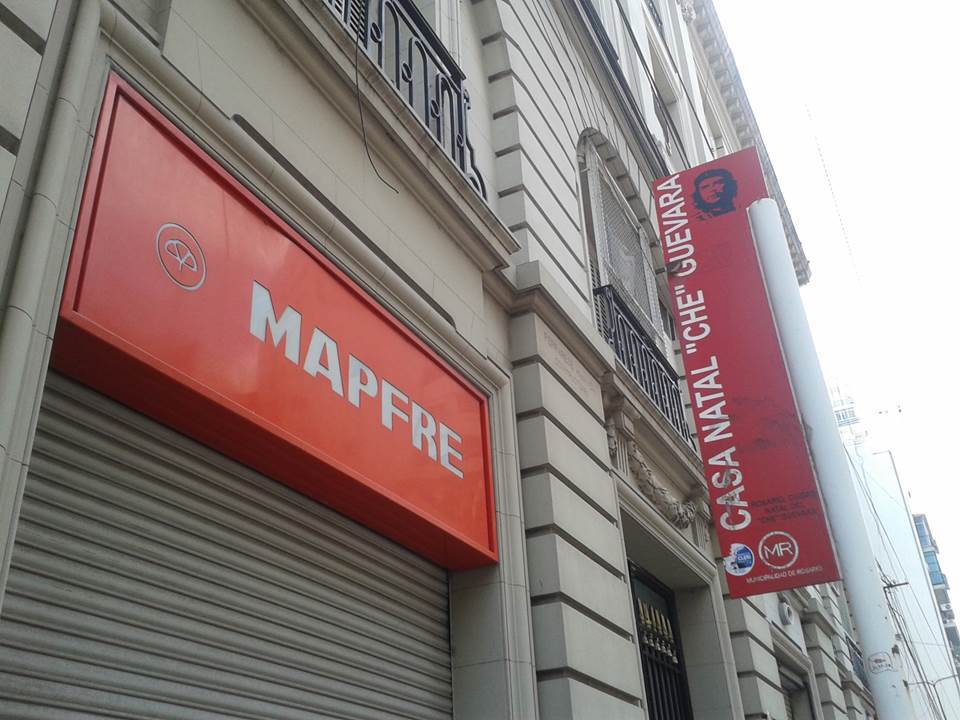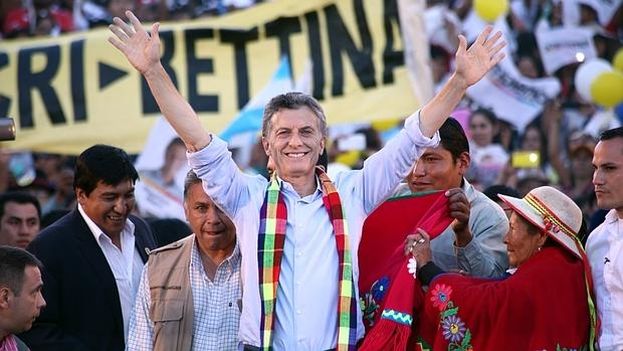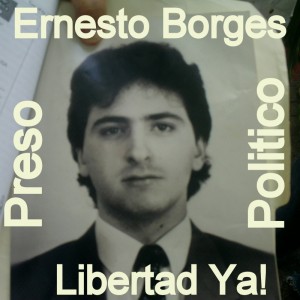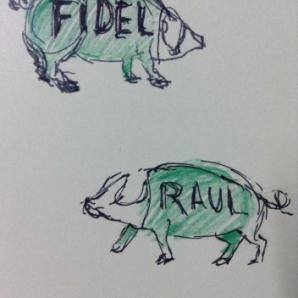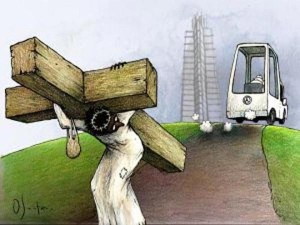In the present order of things, the Cuban State boasts about how some of its deputies in the National Assembly of People’s Power (Asamblea Nacional del Poder Popular) are evangelical pastors, or have some other leadership position in the Protestant religious environment, which is an evident attempt at necessary auto-reaffirmation of that constitutional change which took place in 1992 of declaring a hitherto religiously atheistic State to secularity was more than a simple change of letter.
These exceptional cases of Protestant leaders that the Government boasts about, as in the case of other minorities, such as women, with regard to sex, or blacks, with regard to race, have helped soften the image which from all appearances is monolithic clearly from the ideological point of view that characterizes this body from its first organization. It is a sort of, “You tell me what you boast about and I’ll tell you what you lack.” continue reading
Indeed, three or four names, of peoples characterized by their unconditional surrender to system, were on loan to rent out their cassocks and sweeten of the lack of democracy in the current Parliament. The same faces can be seen in similar condition on other fronts where they were sent to represent the archaic system, as it was in evidence at the recent 7th Summit of the Americas in Panama, when some of these “religious” people were even able to participate in the so-called acts of repudiation against representatives of Cuban civil society, only to later affirm that they felt the presence of God there.
It is classic cohabitation of the princes and the false prophets. Regardless of the efforts to make people believe through the official propaganda that these individuals are heads of the Cuban evangelical churches, it is known for sure that they have actually been, are leaders of the so-called Cuban Council of Churches (Consejo de Iglesias de Cuba, CIC) after excelling in denominations of limited membership or historically vulnerable to government interference.
The CEC, notwithstanding the efforts made by the Office for the Attention of Religious Matters of the Central Committee of the Communist Party of Cuba (PCC), in conjunction with a manipulated Registrar of Associations of MinJus (Ministry of Justice), has failed to bring together the diversity of Evangelical and Protestant churches of Cuba.
Its membership lists do not reach half of religious institutions which possess legal personality, so if we also take into account the huge group of churches and religious movements without legal recognition, despite attempts to procure it, then we arrive at the conclusion that only a minority within the minorities that constitute the Protestant and Evangelical churches have been represented, not to say abused, by such opportunists.
In this context, one might think that even with pseudo-parliamentarians, at least the Protestant minorities might have had some experience, and that even have taken the lead over the Catholic Church, whose clergy have been notoriously absent, while [the evangelicals], in the end, in some way, have been present in the National Assembly. But in the future this actually might be reversed in a negative way for the evangelical minority, for two reasons at least.
On the one hand, the Catholic Church, whose political ambitions have never been a secret and which surely will seek representatives from its clergy in Cuba, when there is finally a genuine Parliament, could appeal to its current withdrawal, as advantage moral to get votes for having not lent names to a spurious Assembly.
On the other hand, the majority of evangelicals, by their negative reaction against the current undemocratic conditions, and perhaps even by rejection of the positions of “their representatives”, adopt a negative position, that is the extreme of rejecting the political, of alienation, by confusing the political with the current situation.
It is the social burden of false political position known as ’neutrality’, which is so necessary to question because, in addition to its real non-existence, is incompatible with the “subversive memory” of the Christian message, and which is by their apathy, an accomplice of so many excesses, is extremely dangerous, especially for the future of Cuba.
It is imperative to recognize that essential aspects of the evangelical mission, whatever arises, in the field of social, political, educational, economic, unfortunately remain excluded today, and what is worse, sometimes so far as rejected, either by fears of a State that has demonstrated its repressive character of “leftovers”, or by negative reaction to the aforementioned negative procedures.
It turns out to be extremely reductionist that the powerful message whose powerful influence has been demonstrated in Western culture, and the history of America, with roots even in the huge differences of today between the North and South; that this force, in the words of theologian and German martyr Dietrich Bonhoeffer, “frees from everything which oppresses and overwhelms”, be understood in Cuba as exclusively religious and cultic categories, even if they include the commendable knowledge of practices, beliefs, membership, attendance, etc.
It is undeniable that in Cuba in the present reality, evangelical churches have become what the Swiss sociologist Christian Lalive called The Refuge of the Masses; these communities, in their exponential growth, have become family, hospital, shelter, consolation for the unprotected masses of the island, and this has its positive side, but if you want to provide a greater good to Cuba it is necessary a go further if they really wish to contribute to their nation as a source of leadership and influence, and not remain as a mere reservoir.
The bad example, the negative face of those who pretend to represent them has have given currently to a foul play could be reversed with genuinely evangelical members of parliament in the future, contributing to a new Cuba where real justice, real democracy and respect to the most vulnerable groups, better distribution of wealth, which is in sumo a nation with good rulers, which coincides with the biblical ideal that these minorities preach.
It is time, not to withdraw into one’s shell or hide like the ostrich, but to first of all break to their core the myths and taboos put in a manifesto in a mutilated fulfilling of the mission.
Cuba needs that these powerful minorities get involved too, and participate in order to transform their reality, it needs a church that understands that both evangelism and social action are components in equal measure of its mission, that its good news constitutes a comprehensive message that knows no boundaries of any kind and that is addressed to every human being, considering all the reality of the person: the physical, moral, spiritual, intellectual, social, and political.
In this context it is necessary that the evangelical leadership, if it is responsible and if the destiny of Cuba really interests it, begin to exchange this sterile culture of the rejection of the political, inherited as much from the anthropological damage infringed against all of society, as by the negative attitude of those who have lent themselves to the game of a false democracy.
Pastors, theologians, and other leaders of the Cuban Protestant churches must open up to the need for what we might call an integral evangelization for Cuba.
And it’s not necessary to sit and wait while others dedicate themselves to changing social conditions and generate the creation of a genuine Parliament, able to represent all the interests of the nation, without ignoring the minorities, in which group the evangelical churches are represented.
All Cubans; including evangelicals, in accordance not only with their path throughout the world, but in Cuba itself since their arrival in the 19th century; we are called to be proactive agents that we begin to generate the change-before-the-change. The analysis of the results of the latest constituency elections is extremely interesting, even if the results are taken from the official statistics.
On the one hand is the historic 20% that expressed their opposition whether through its absence from the ballot box (11.7%), by voiding a ballot (4.92%), or by leaving it blank (4.54%).
On the other hand are those who took the courageous position of going even further, trying to get candidates and even in two very unusual cases managing to dispute the elections in order to obtain the support of more than four hundred electors who dared to vote in favor of those who, in violation of the very Constitution, were called with the pejorative and intimidating label of “counter-revolutionaries”.
In the midst of this panorama I am interested in wondering how much the evangelicals contributed to each of these percentages. And I am even more excited to imagine the positions in which they will be able to decide the fate of Cuba, not only the evangelical leaders, but that number of electors that reaches their churches more and more, the evangelical mass, when they come to be aware of how much good they can do for the nation, in keeping with their faith, if it is genuine, and if this wish is verified by more than simple attendance at church: in living standards, in democratic decision-making, in the satisfaction of justice, in the common good of all.
Translated by: Hombre de Paz
